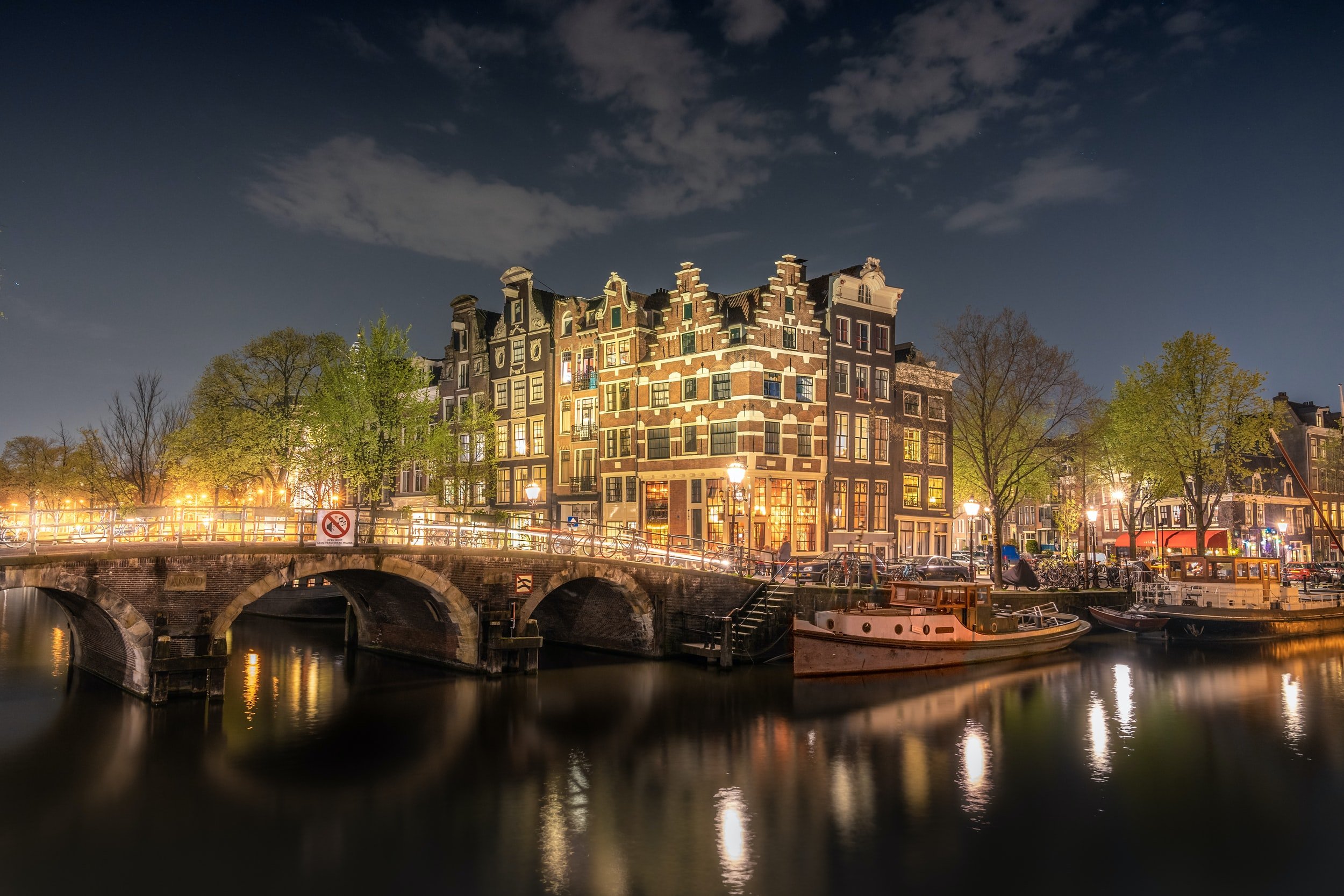Zooming in on the Netherlands
In ‘Zooming in on…’ we are focussing on the current state of online hate in different EU member states. We ask EOOH experts to provide us with their insights. This is not a full investigation, but a quick overview of trends and themes from their perspective.
By Jordy Nijenhuis
The Dutch online landscape seems to become more and more toxic. Comment sections of news outlets are filled with propaganda, and death threats on social media are on the rise. Prominent politicians are receiving these threats regularly, and some of them are now being protected by the police.
Social Media seems to be the main source for these toxic narratives. There is an eager group of people actively spreading these narratives on mainstream platforms such as Facebook, Instagram and especially Twitter. Most of them seem to be internet trolls, trying to provoke a reaction, but some of them are well-organised and well-structured. They use telegram groups to organise themselves, coordinate their messaging, and join each other in offline protests. Recently the police was forced to take action, and shut down a couple of telegram groups after some members radicalised and openly discussed violent attacks on politicians.
The language used by these groups is being amplified and promoted by news media, and political parties on the far-right side of the political spectrum, making sure that these narratives find their way into the Dutch parliament. Some of these parties are actively, and openly trying to spark outrage. They joined anti-islam movements, used anti-jewish comments, belittled the holocaust, are extremely anti-establishment, and recently tapped into the anti-vax/anti-lockdown sentiments mentioning that the government will face tribunals after the crisis.
A country divided?
The biggest division we're currently seeing in the Netherlands is between the vaccinated, and the non-vaccinated. In the past two years we’ve seen many protests on the Covid measures implemented by the government. Some of these protests turned violent, incited through social media. The most notorious being the anti-curfew riots, and the Rotterdam riot.
The discussions surrounding Black Pete (Zwarte Piet, a Dutch blackface tradition), and climate rules affecting farmers are also a source for online hate, and are now merging into a broader anti-establishment narrative. Anti-muslim hate is also well established in the Netherlands, and anti-semitism seems to be increasing in the past two years.
Luckily, things are not as bad as they seem. Online hate is being discussed publicly and there are a lot of people from all walks of life who are standing up against it. It is mainly a small but vocal group of people who are ruining things online. There are countless initiatives set-up in the Netherlands to promote media literacy and dialogue, and the police, and youth- and social workers try to be hands-on in preventing further escalation both on- and offline.
Of course, there is still much to do, but it seems to be high on the political agenda, and people are finding creative new ways to deal with these issues. Prosecution for online hate speech and online threats are more and more common, but content moderation could be higher on the agenda for news outlets. Generally there seems to be a need for more clarity on what is allowed and what is not from law enforcement and the social media platforms.
Toxic narratives to look out for:
Anti-covid regulations/Anti-vax
Political discourse/Anti-establishment
Anti Immigrants
Anti Muslim/Islam
Black Pete
Platforms to look out for:
Twitter
Telegram
Facebook

